#Herodotus
Explore tagged Tumblr posts
Text

obsessed with this story from book 7 of herodotus. "finally these people were saved by the intervention of the gods, unless they weren't. fuck if i know" more histories should be written like this
2K notes
·
View notes
Text
The World according to Herodotus

The World according to Herodotus, probably from the work of Ernest Rhys, Ed., A Literary and Historical Atlas of Asia (New York, NY: E.P. Dutton & CO., 1912)

"The World of Herodotus" - originally "Orbis Herodoti" steel engraving, color, surface, from the album Longman & Co.. c. 1860, signed by S. Hall, Del. et Sculp.

A German map of 1877 based on how Herodotus viewed the world.
Source: Wikipedia Commons

The World By Herodotus, by Science Photo Library


I was not able to find more information about the last two maps.
Now, all these are obviously modern reconstructions of the world as described in the work of Herodotus, What I find intriguing is that, although they all share the same big picture, there are also some important differences among them, especially concerning Arabia and the Persian Gulf.
Another remark that I have is that Herodotus is rather sceptical about the existence of the Hyperboreans that almost all of these maps present as part of his world.
78 notes
·
View notes
Photo

Herodotus on Burial in Egypt
Herodotus' section of his Histories on burial in ancient Egypt (Book II.85-90) is an accurate description of Egyptian mummification, but he purposefully omits the spiritual significance of embalming in keeping with his commitment to refrain from discussing the religious beliefs of other cultures. The spiritual aspect of embalming, however, was central to the practice and is addressed indirectly.
Sarcophagus of Kha (Detail)
Mark Cartwright (CC BY-NC-SA)
This is not to say that Herodotus' account is wrong, only that it may seem incomplete as he clearly explains how embalming was practiced during the Late Period of Ancient Egypt (525-323 BCE), but not the reason for it. Embalming was intimately associated with Egyptian religion, which Herodotus seems to avoid addressing for his own reasons. Herodotus (l. c. 484-425/413 BCE) makes his policy on religious discussions clear, however, earlier in Book II when he deals with the sacred aspect of animals in Egypt:
All the animals in Egypt are regarded as sacred. Some are domesticated, and others are not, but if I were to explain why some animals are allowed to roam free, as sacred creatures, my account would be bound to discuss issues pertaining to the gods, and I am doing my best to avoid relating such things. It is only when I have had no choice that I have touched on them already.
(II.65)
Herodotus actually addresses religious issues frequently throughout his Histories as in the case of Croesus (I.47-91), Cyrus (I.124-126), Persian religious customs (I.131), Themistocles' speech to the Athenians (VIII.109), earlier in his discussion of the Egyptians (II.36-37) and elsewhere. When he claims to be avoiding religious issues, then, what he means is he will discuss practices and events relating to the gods but will not comment on their spiritual significance, though he sometimes slips and does this as well.
It is possible, as some have claimed, that he simply did not understand the religious significance of embalming to the Egyptians, but it is far more likely that he omits commentary for any number of reasons including the personal nature of religious belief and how a discussion of Egyptian beliefs might affect how his audience received the culture. His passage on Egyptian burial is in keeping with his tendency to emphasize positive aspects of a culture he wants his Greek audience to either admire (Egyptians) or understand better (Persians) in the same way he advances a negative narrative concerning those he does not seem to care for (Lydians).
In his section on burial in Egypt, then, he stays close to the actual practice in the interests of informing his readers on funerary rites but omits the deeper meaning as it might have offended the Greeks' own understanding of death, burial, and the afterlife. A reflection on the structure of the chapters in his burial passage, however, suggests he knew the spiritual significance of his topic and did address it, only obliquely.
Book of the Dead (detail)
Mark Cartwright (CC BY-NC-SA)
Spiritual Significance of Mummification
The Egyptian understanding of the soul was far more complex than the Greek. The Egyptians understood the soul as being comprised of nine aspects:
Khat was the physical body.
Ka was one's double-form.
Ba was a human-headed bird aspect, which could speed between the earth and the heavens.
Shuyet was the shadow self.
Akh was the immortal, transformed self.
Sahu and Sechem were aspects of the Akh.
Ab was the heart, the source of good and evil.
Ren was one's secret name.
After death, the ka and ba needed to be able to recognize the khat in order to travel from the other realm to the tomb to receive the prayer offerings and sustenance that enabled their continued existence, and comfort, in the afterlife. The deceased needed to be remembered by the living in order for their akh to remain vibrant in the paradise of the Field of Reeds and the deceased needed to be shown proper respect upon their departure from earth for the same reason. Mummification and an elaborate sarcophagus in the image of the deceased were thought to provide for the soul in this.
Egyptian Mummy
Justin Chay (CC BY-NC-SA)
The practice of mummification also served as a cleansing ritual, purifying the body of the sins of life in preparation for the soul's journey to the Hall of Truth to stand in judgment before Osiris, Lord of the Dead, and the Forty-Two Judges. Scholar Jan Assmann explains:
Guilt, accusation, enmity, and so forth are treated as forms of impurity and decay – as, so to say, immaterial but harmful substances – that must be eliminated so as to transpose the deceased into a condition of purity that can withstand decay and dissolution. Vindication was moral mummification. When the embalmer's work on the corpse was done, the priests took over and extended the work of purification and preservation to the entirety of the person. The Egyptian word for 'mummy' also meant 'worthy' and 'aristocrat'. In this last stage of the mummification process, the deceased experiences the Judgment of the Dead and received the aristocratic status of a follower of Osiris in the Netherworld.
(Chapman, 81)
If the body of the deceased was not treated with the proper care, the soul might return to earth to haunt the living, causing all kinds of problems, until that wrong was righted. Scholar Sarah Lynn Chapman notes how the judgment of the soul in the afterlife was believed to begin during the embalming process when the sins of the righteous were removed with the organs that would have been tainted by those sins, thereby making the soul's spiritual heart lighter and prepared for judgment; for the unrighteous, however, the embalming process would have been a torture as they were thought to cling to their sins and so the removal was a painful experience.
Continue reading...
51 notes
·
View notes
Text
Herodotus: You're not good enough for my daughter.
Xena: You're not good enough for your daughter.
Herodotus: Excuse me!?
Xena: You heard me.
#incorrect xena quotes#incorrect quotes#xena warrior princess#xena: warrior princess#xena and gabrielle#xena#gabrielle#herodotus#source: tumblr
81 notes
·
View notes
Text

The English Patient.
41 notes
·
View notes
Text

#barnabas#alkibiades#pheobe#herodotus#brasidas#sokrates#alexios#deimos!alexios#deimos#stentor#kassandra#funny#assassin's creed odyssey#ac odyssey#alignment chart#character alignment
27 notes
·
View notes
Text
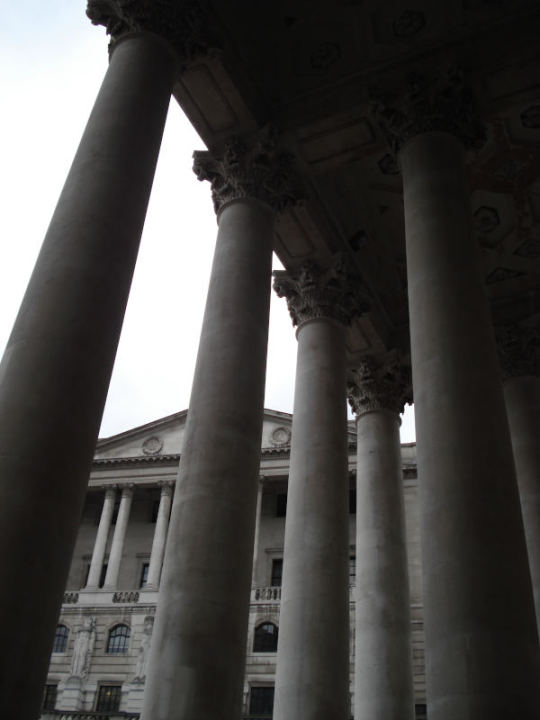
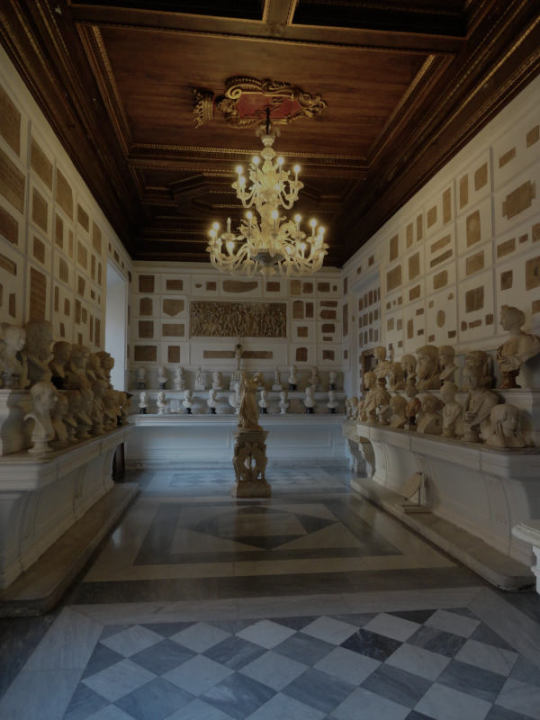
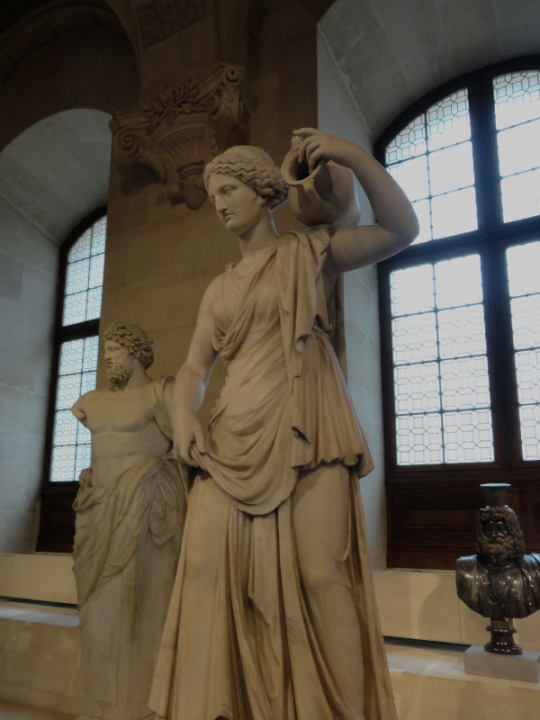

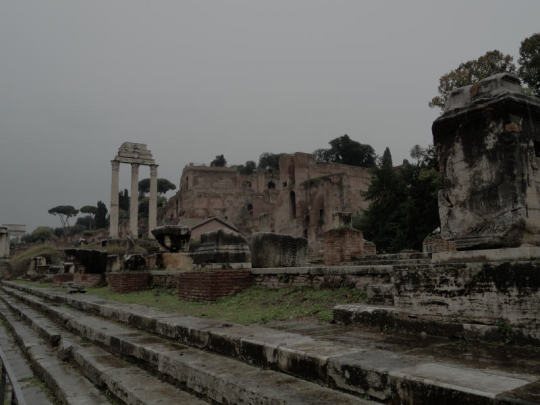
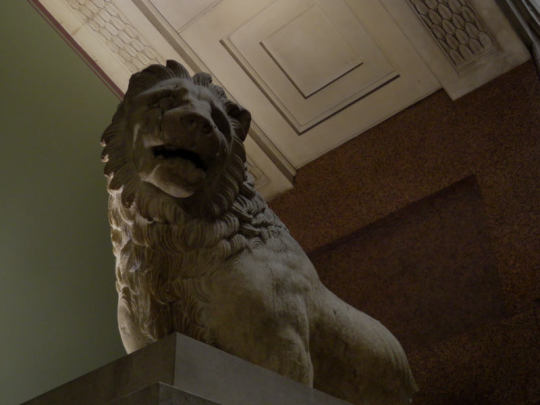
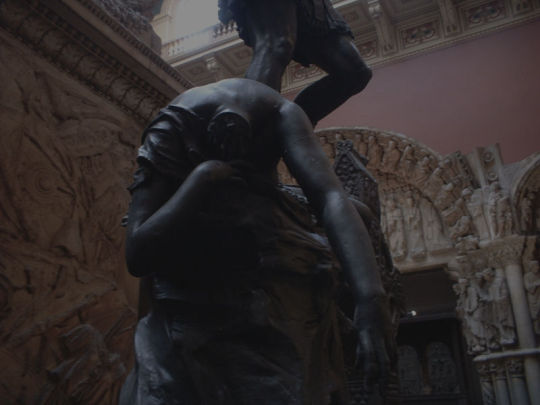

studium classicorum
#dark academia#dark acadamia aesthetic#chaotic academia#grey academia#classic academia#classical studies#books#herodotus#classics#book photography#ancient greece#ancient rome#roma antiqua#ἐποίησα#moodboard
89 notes
·
View notes
Text
Funniest bit of tumblr revisionism is that Medusa was an African goddess before “Greek colonialism” reduced her to a monster (or whatever variation of that claim its all bs) meanwhile Perseus has more evidence of being worshiped in Africa, albeit in one not very reliable source but still more evidence than Medusa.
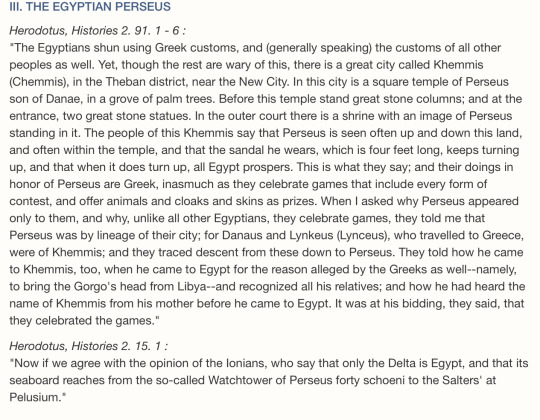
#Perseus learning of his Egyptian heritage from Danae are reconnecting with his culture is kinda wholesome#greek mythology#ancient greek mythology#greek pantheon#gorgon#Medusa#Perseus#perseus and medusa#Danae#herodotus#histories
60 notes
·
View notes
Text

#of all possessions a friend is the most precious#herodotus#neopets#kau#blue kau#pastel kau#digital collage
13 notes
·
View notes
Text
Me: I promise I won’t get drunk and mess up the marriage contract
Me a few drinks in:

#I’m becoming reconciled with herodotus at last#tagamemnon#herodotus#ancient literature memes#ancient greek#classics memes
240 notes
·
View notes
Photo

Source details and larger version.
Vintage Greek imagery.
23 notes
·
View notes
Text
reading about how herodotus thought it was awesome that the babylonians had no doctors (patently false) and that instead they brought their sick out into the streets for whoever walked by to diagnose and there's a lot i could say about that from an academic perspective but all i can think of is

661 notes
·
View notes
Text


It is better to be envied than pitied..
Herodotus
من الأفضل أن يحسدك أحد على أن يشفق عليك ..
هيرودوت
#random#coffee#artists on tumblr#my cam#mine#herodotus#my coffee black#weekend#photographers on tumblr#dubailife#dubaivape#dubai
27 notes
·
View notes
Photo

Historical Bias in Ancient Sources
In this lesson plan, students will learn about historical bias in ancient sources based on the example of Herodotus.
Essential Questions
What is historical bias, and how can it affect our understanding of past events?
How do the perspectives and backgrounds of historians shape their accounts of events and cultural customs?
What can the biases in ancient sources tell us about the societies and values of the authors who wrote them?
Why is it important to recognize and account for bias when studying historical sources?
Learning Objectives
Understand historical bias and its impact
Gain insight into the historical context of ancient sources
Apply bias analyses to modern contexts
Skill-Based Objectives
Analyze primary sources
Enhance communication and discussion skills
Develop critical thinking, inquiry, and reflection skills
Includes
Lesson plan
Teacher instructions
Answer keys
Primary source material
Continue reading...
70 notes
·
View notes
Text
Herodotus: I don't want my favorite daughter dating a screw up!
Xena: Well I don't want my favorite girlfriend daughter-ing a jerk dad! Burn on you!
#incorrect xena quotes#incorrect quotes#xena warrior princess#xena: warrior princess#xena and gabrielle#xena#gabrielle#herodotus#source: brooklyn 99
56 notes
·
View notes
Text

Some of the Adrestia crew! I didn’t really change Barnabas much, but I leaned into the concept art for Herodotus a bit more for a more interesting silhouette. The third guy is meant to be Reza, who I’m pretty sure only shows up in the novel.
#art#ac odyssey#digital art#artists on tumblr#assassin's creed odyssey#artwork#assassin's creed#fanart#artist#character art#childrenofthemountain au#calliedrawsghosts#Herodotus#Barnabas
48 notes
·
View notes